There’s a term that used to be applied to mass hysterias, a panic. And we are in a social network panic.
The Surgeon General of the United States, Vivek Murthy, a man who normally stays in the shadows, has issued a 25-page advisory with 104 research references warning of “a profound risk of harm” to children and teenagers from social media.
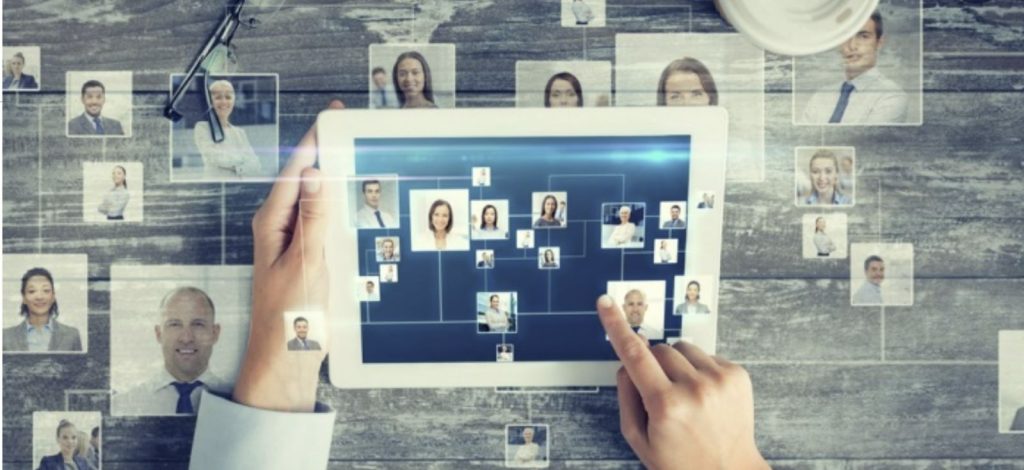
That report is part of an ongoing investigation of what a White House press release calls an “unprecedented youth mental health crisis,” a crisis being pinned on social media.
The White House has put four of its arms on this mental health emergency: the Department of Health and Human Services, The National Institutes of Health, the Federal Trade Commission, and a White House Task Force.
Meanwhile, the Senate is pondering The Protecting Kids on Social Media Act, a new law that would make it impossible for kids under the age of thirteen to use social media and would only allow teenagers over 13 to use social media with their parents’ permission. Plus the state of Montana has banned TikTok.
All signs of a full-scale panic.
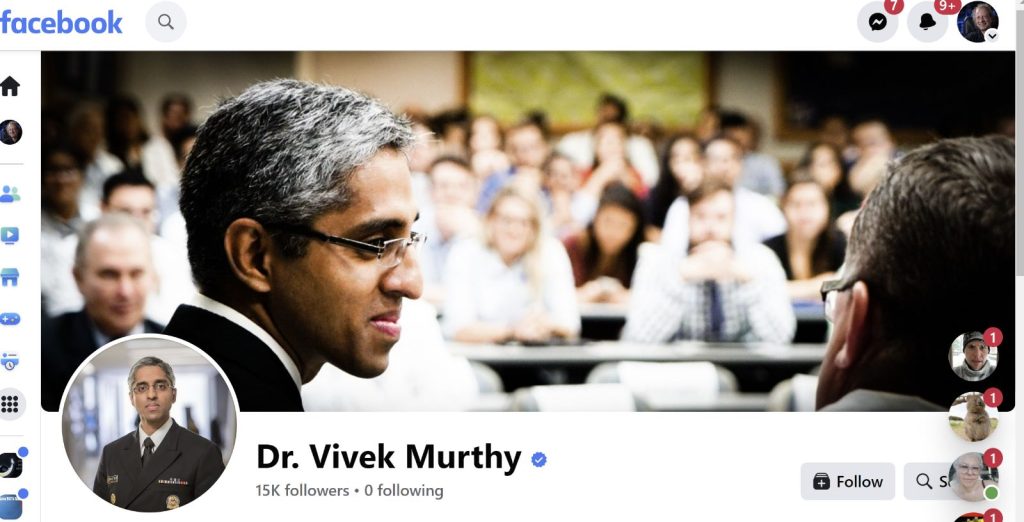
The surgeon general-who has small kids of his own–is concerned about adolescents over-using social media for a reason. When you’re in adolescence, your brain is forming. As the Surgeon General’s advisory puts it, kids aged “10 to 19, are undergoing a highly sensitive period of brain development. This is a period when risk-taking behaviors reach their peak,… and when mental health challenges such as depression typically emerge.”
Continues the advisory, “In early adolescence, when identities and sense of self-worth are forming, brain development is especially susceptible to social pressures, peer opinions, and peer comparison.”
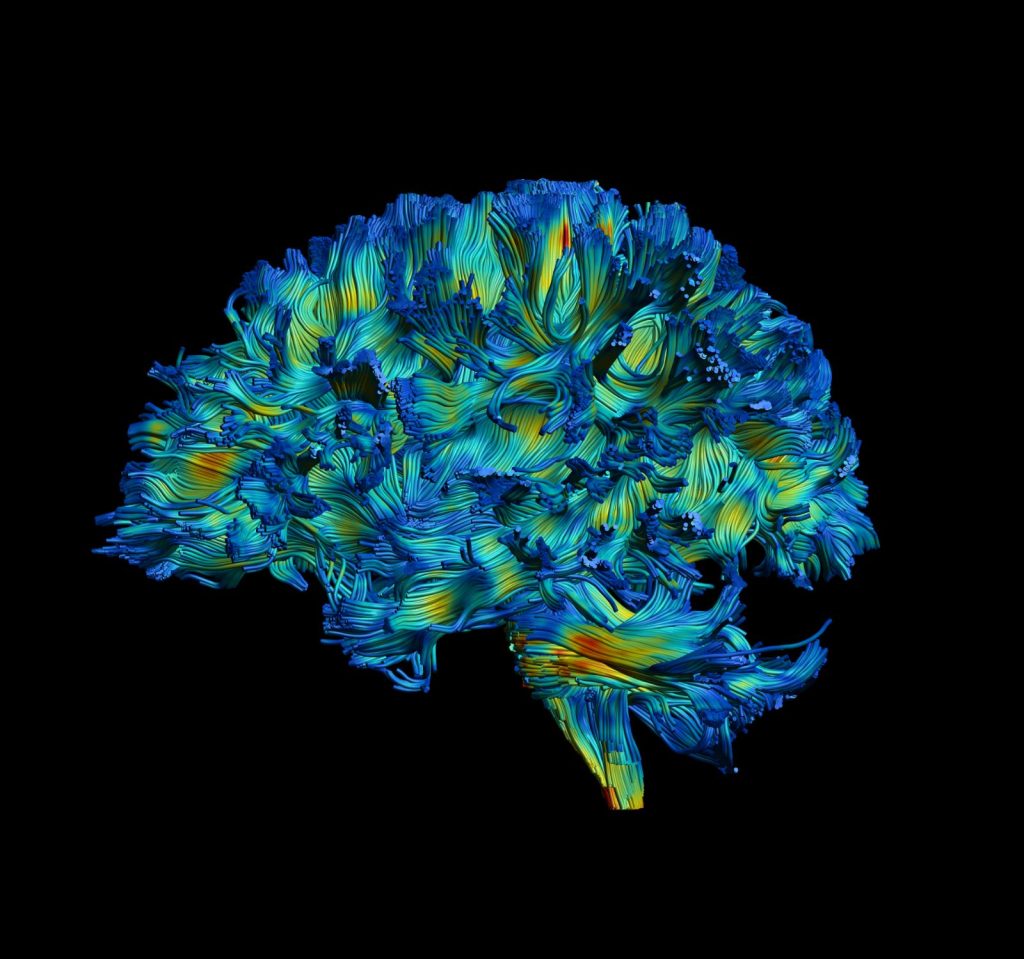
The Surgeon General is afraid that extreme social media use will warp kids brains and send them into adulthood as sick puppies. His advisory warns that “social media use may be associated with distinct changes in the developing brain in the amygdala…and the prefrontal cortex.”
Look, saving kids from harm is a noble cause. But there is something in this crusade that is deeply wrong. For example, the advisory points out an increase in depression among kids who use the internet three hours a day or more. But it could easily be that cellphone use is not the cause of the depression. And that, in fact, kids who are depressed use their cellphones the most. To escape.
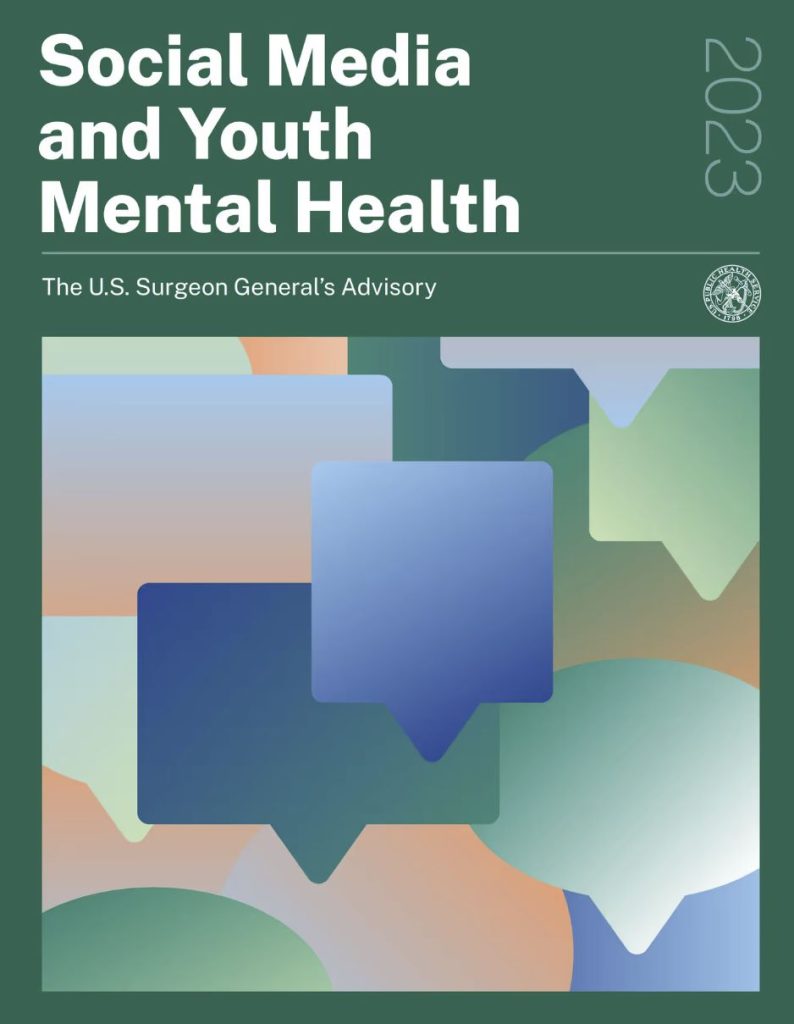
Worse, Murthy acknowledges that despite a mass of research, we still don’t know the impact of social media on kids and teens. As the Surgeon General’s advisory puts it, “We do not yet have enough evidence to determine if social media is sufficiently safe for children and adolescents.” Which means that we don’t yet have enough evidence to determine what harm taking away social media can do.
What’s more Murthy points out that research also shows positives in social media use among kids. Social media, says Murthy, provides “community and connection with others who share similar interests or identity.” And “most American adolescents report that social media helps them feel “more accepted and supported through tough times.”
If you come from a disturbed family, as many of us do, the acceptance and support you get in an online community can be crucial. Public health researcher Jessica Fish said after seeing the Surgeon General’s advisory that the Internet is “a lifeline for folks to receive information and to really see that they are not alone.”
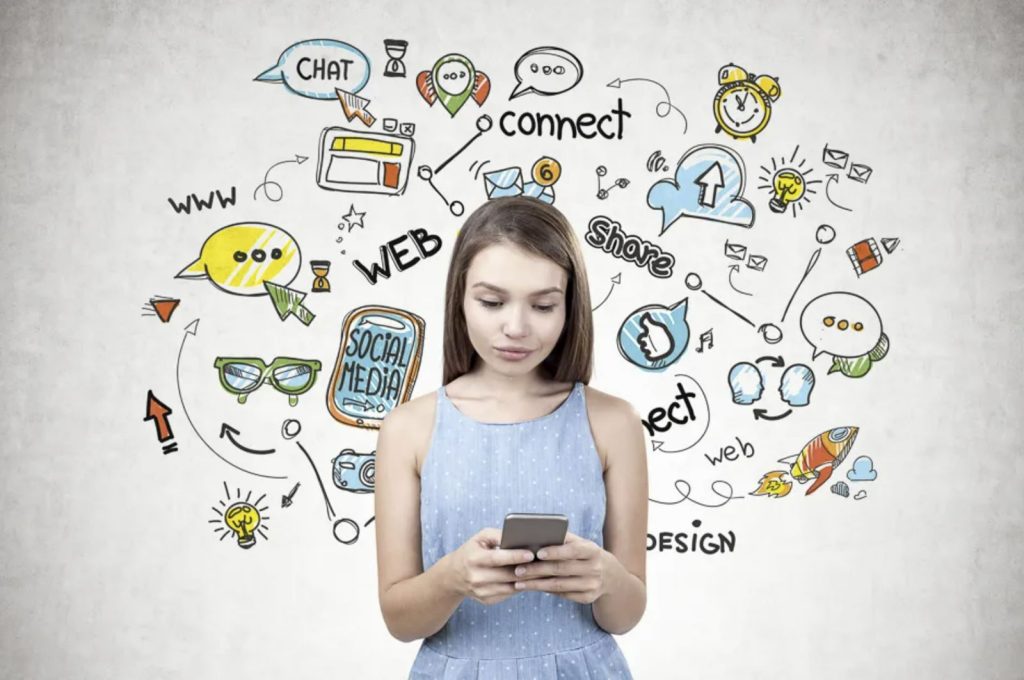
Murthy has a few antidotes in mind for this “crisis.” Therapists can conduct sessions with kids not just in person, but online. Ironically, on social media.
And parents should demand that cellphones go into lockdown an hour before bedtime so that kids get enough sleep. Parents should also make sure that chosen moments, like meal times be cellphone free and focused on in-person face time.
Which, to repeat, if you come from a dysfunctional family and the dinner table is a battleground, can be as hellish for you as any TikTok nightmare.
References:
https://www.hhs.gov/surgeongeneral/priorities/youth-mental-health/social-media/index.html
https://www.theguardian.com/media/2023/may/23/social-media-warning-kids-mental-health
https://www.cbsnews.com/news/bipartisan-bill-would-ban-kids-under-13-using-social-media/
______
Howard Bloom of the Howard Bloom Institute has been called the Einstein, Newton, and Freud of the 21st century by Britain’s Channel 4 TV. One of his seven books–Global Brain—was the subject of a symposium thrown by the Office of the Secretary of Defense including representatives from the State Department, the Energy Department, DARPA, IBM, and MIT. His work has been published in The Washington Post, The Wall Street Journal, Wired, Psychology Today, and the Scientific American. He does news commentary at 1:06 am Eastern Time every Wednesday night on 545 radio stations on Coast to Coast AM. For more, see http://howardbloom.institute.
